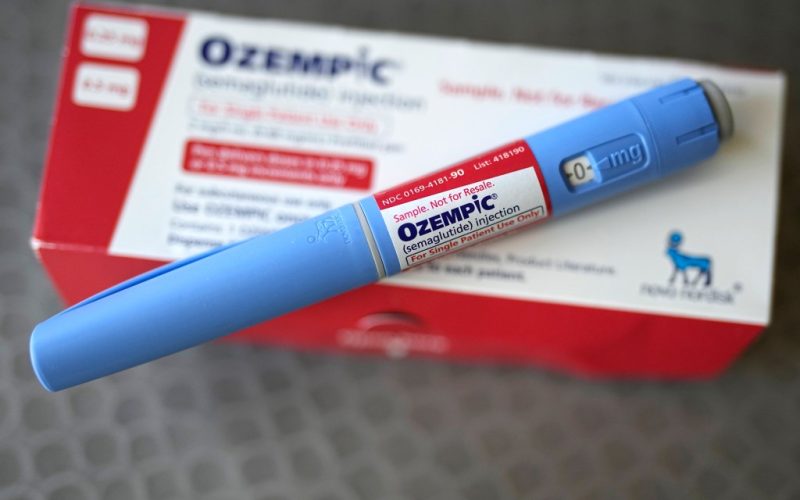Obesity continues to plague New Yorkers, affecting almost two out of every three adults in our state. That’s why I’m pushing for legislation that would require comprehensive coverage for obesity treatments statewide, making these treatments more readily available for all New Yorkers.
But at a time when we should be promoting health care access, the health plan for New York City employees recently made a surprising decision with far-reaching repercussions: they announced that they will discontinue coverage of GLP-1 weight loss medicines for its 400,000 public employees.
For New Yorkers taking these medicines, the impact is life-changing. Many are able to manage the chronic disease of obesity and its related co-morbidities for the first time in their lives. But the move to strip public employees of affordable access to GLP-1s for weight loss is not only significant for those currently taking these drugs but also for the social and fiscal health of New York City and our entire state.
The city claims that removing these drugs from its employee health plan will save money. In reality, it will have the opposite effect. The less we do to combat obesity, the more we have to spend to manage the disease and its related chronic illnesses — which is particularly important for the 44% of BIPOC city employees, who are far more likely than their white counterparts to grapple with obesity.
The roots of these disparities run deep. Food deserts, redlining, a lack of green space and chronic underinvestment in BIPOC communities all play a part in making our Black and Brown neighbors more likely to wrestle with serious chronic diseases like obesity and diabetes.
New York has a choice: we can either choose to pay for the price of obesity and persistent health inequalities or we can invest in treating the disease itself.
New York should be making moves to expand coverage, not pull out the rug from New Yorkers already receiving treatment. My legislation is focused on this expansion, and ensuring a level playing field when it comes to health care access — a priority in line with the state’s Health Equity Plan.
As I work to pass my bill in the state Senate, I urge the city to follow our lead, address the systemic inequalities in health care, and reverse their decision to cancel coverage.
Obesity is a chronic disease — not a choice — and should be treated as such. Patients with obesity face an increased risk of diabetes, cardiovascular disease, and other complications, while also coping with deep-seated bias at every turn.
As a result, obesity costs the American economy more than $1.7 trillion each year. Covering effective weight-loss treatments like GLP-1 drugs could lower these costs, ultimately alleviating the financial burden of obesity-related diseases on insurers, employers, and taxpayers alike.
In our state, obesity costs $37.3 billion in reduced economic activity, or 1.8% of New York’s GDP. It also has a $5.2 billion impact on the state budget, including $3 billion less in tax revenue and 165,000 fewer adults in the workforce.
Now, for the first time in history, we have a straightforward solution proven to reduce obesity at rates we never thought possible.
Clinical trials have found that GLP-1 medicines for weight loss helped participants lose about 15-18% of their initial body weight over 68 weeks when combined with lifestyle changes. Beyond weight management, these medications have also been linked to other health benefits, including lowering the risk of heart disease.
To make GLP-1 drugs accessible for weight loss, insurance coverage is key, as it is with any other treatment. But unlike coverage for other chronic diseases, which is often comprehensive regardless of lifestyle factors, insurance policies for GLP-1s vary widely, leaving many people without access.
Some insurers may not cover these medications at all, while others impose strict requirements or limit coverage to patients with type 2 diabetes, excluding those prescribed GLP-1s solely for obesity management.
For too many of our BIPOC neighbors, the lack of coverage for GLP-1 medications means that effective treatment is out of reach, compounding the health risks and economic costs of untreated obesity driving health inequalities.
I urge New York City leaders to reconsider their decision to remove coverage for a medication that plays an irreplaceable role in addressing the obesity epidemic, especially in communities of color.
Instead of limiting access to this important treatment, we must prioritize comprehensive, long-term solutions that address both health care inequities — or face the cost of obesity for decades to come.
Cooney represents the 56th district of the state Senate, covering parts of the City of Rochester, the Town of Brighton, and the western suburbs of Monroe County.








